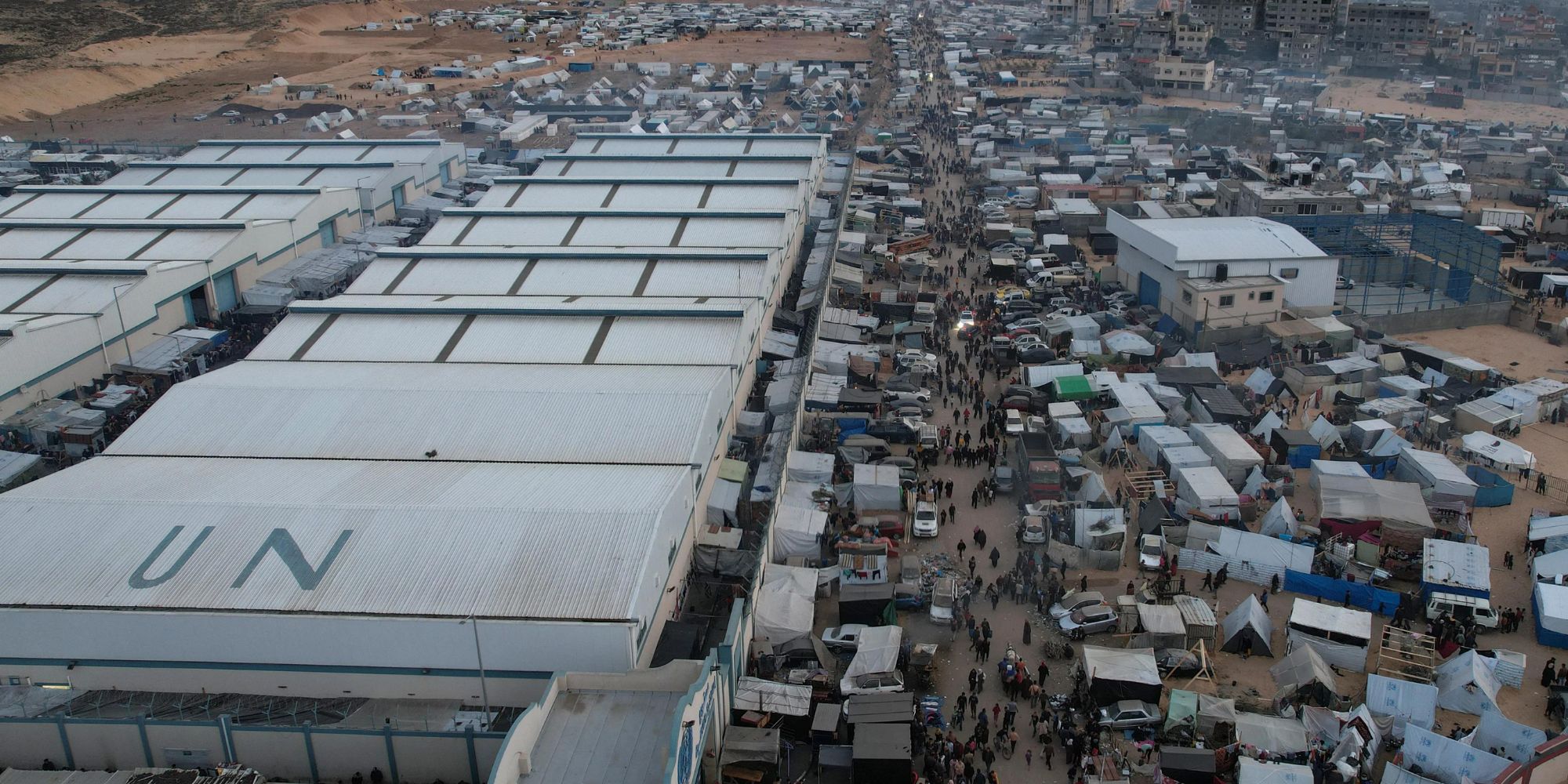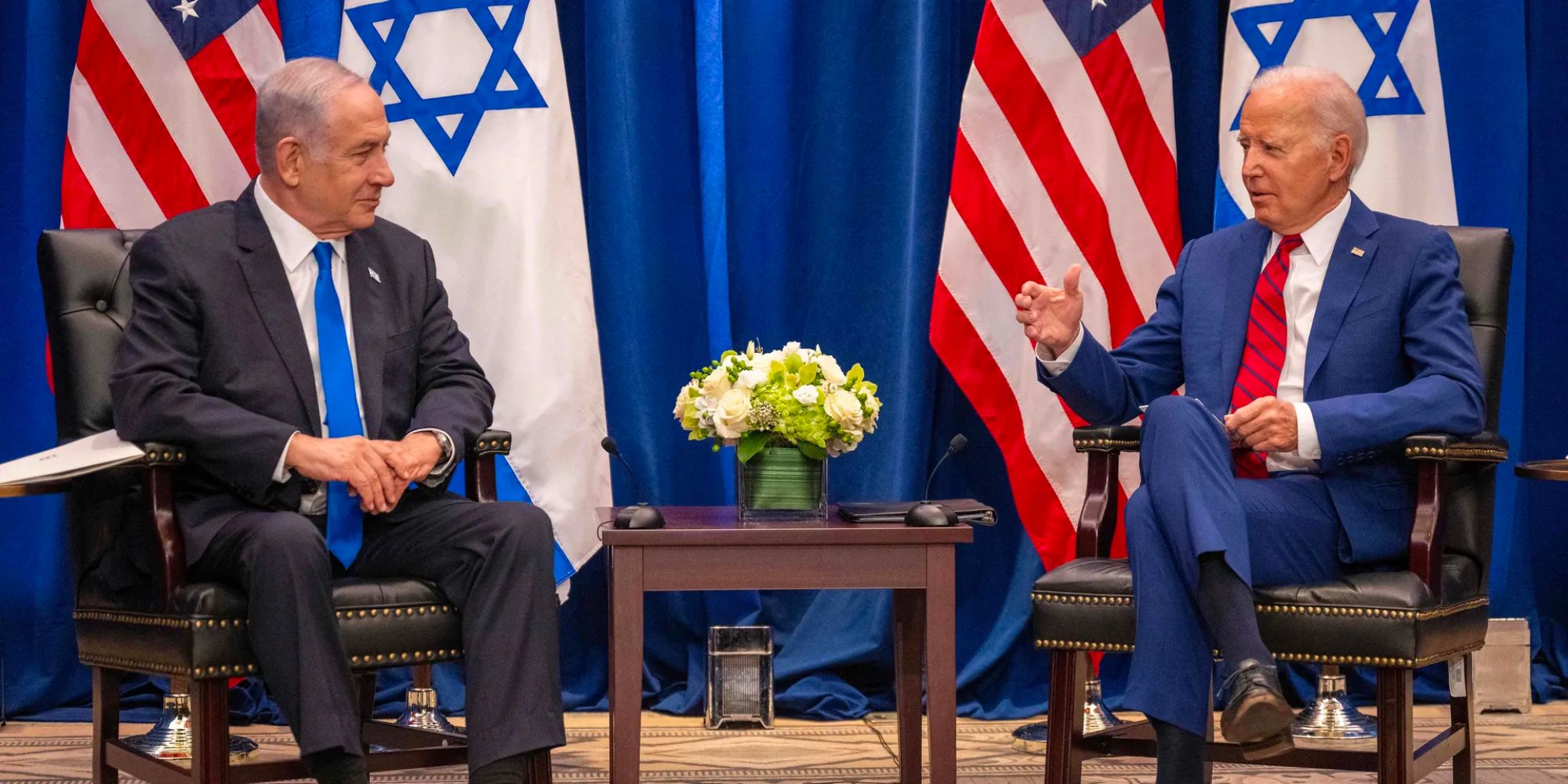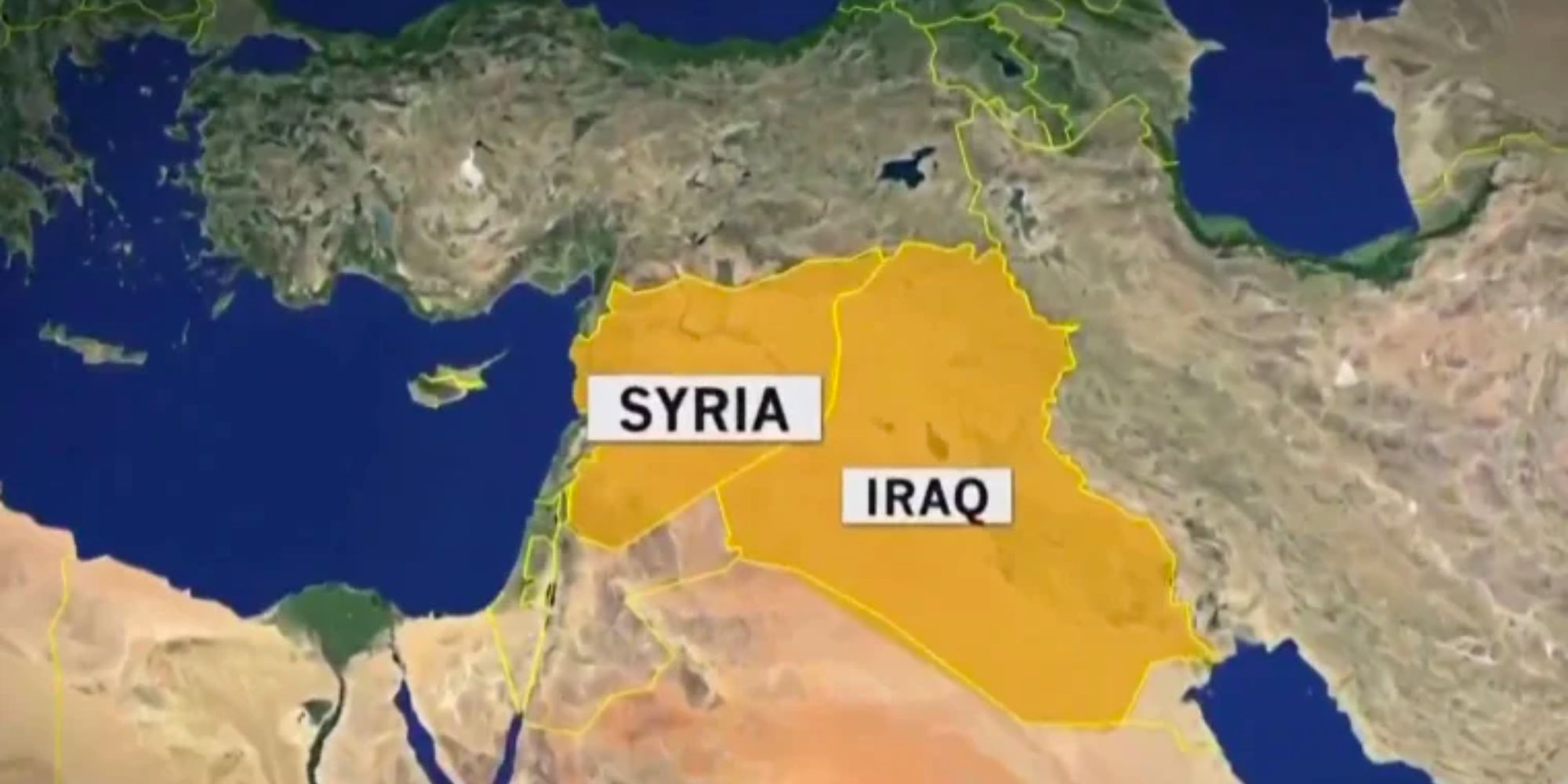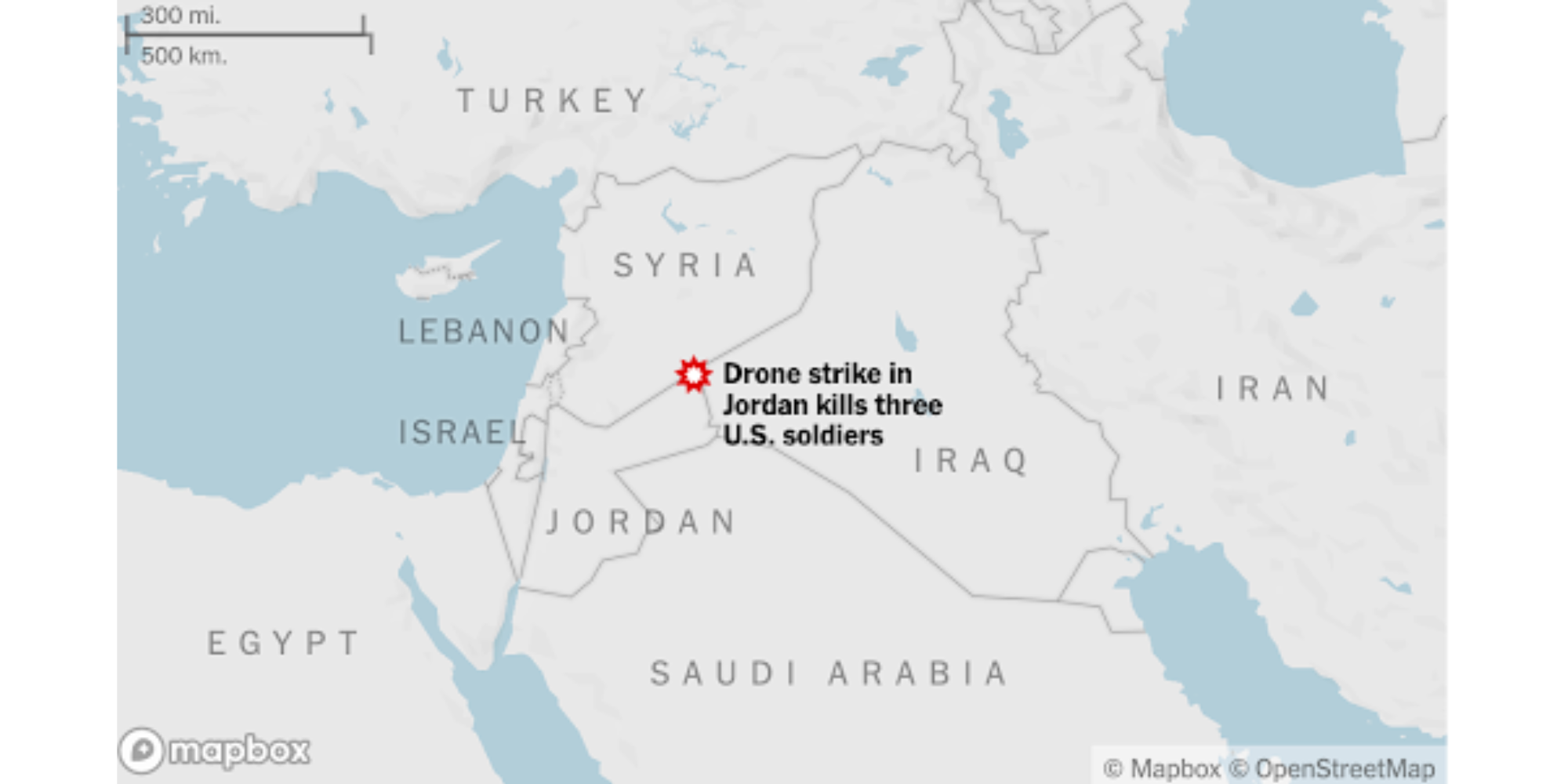Current as of 10AM EST, 11DEC23
RECENT UPDATES
Israel expanded its military offensive into southern Gaza and regional officials indicated limited prospects of a renewed ceasefire in the near-term. Concern is rising over a potential refugee crisis due to vast numbers of displaced citizens gathered near the Rafah crossing. Humanitarian organizations also warned Gaza’s healthcare system has collapsed.
- Humanitarian Crisis: According to a Doctors Without Borders spokeswoman, Gaza’s healthcare system has “completely collapsed.” U.N. officials on December 10 also warned pressure is mounting in the south near the Rafah border crossing as tens of thousands of Palestinians have fled into the area, increasing the risk Palestinians will be forced into Egypt. Sixty-one aid trucks, including three carrying fuel and two carrying cooking gas, entered Gaza on Monday morning.
- U.S. Support: U.S. leaders vetoed a U.N. resolution on December 8 which was backed by almost all other Security Council members and dozens of other nations demanding an immediate humanitarian cease-fire in Gaza. The United States’ response reflects a growing fracture between Washington and some of its closest allies over Israel’s war in Gaza, as France and Japan were among those supporting calls for a ceasefire and the U.K. abstained.
- Military Operations: Israel Defense Forces (IDF) operations intensified around Hamas strongholds this weekend. The spread of Israel’s ground offensive into southern Gaza, including Khan Younis, is further displacing the Palestinian population, and regional officials are accusing Israel of attempting to “empty Gaza of its people.”. Hamas threatened the lives of the remaining Israeli hostages if additional Palestinian prisoners were not released, however, officials in Qatar indicated few prospects for a repeated ceasefire deal due to Israel’s renewed bombardment and expanded military operations.
- Regional Relations: IDF conducted airstrikes on a Hezbollah site in southern Lebanon on December 11. The strikes were conducted following launches against communities in northern Israel. On December 8, the U.S. Embassy in Iraq was targeted with mortar fire, and U.S. forces in Iraq and Syria were targeted with rockets and drones. On December 6, a U.S. destroyer near Yemen shot down a drone in the southern Red Sea traveling in its direction. Iranian-backed Houthis vowed to target all ships in the Red Sea bound for Israel and warned shipping companies against entering Israeli ports. Qatari officials announced they will continue providing financial aid to Gaza and stated “our mandate is to continue to support our brothers and sisters of Palestine.”
- Protests: This weekend, pro-Palestine protests continued in cities around the world where thousands of demonstrators gathered in cities such as London, Copenhagen, Istanbul, and Tokyo. Demonstrations continued in London and New York spurred by the U.N. Security Council vote on December 8. Pro-Palestine protests resumed in U.S. cities such as New Orleans and Harrisburg. Protesters in Anaheim temporarily blocked the entrance to Disneyland in an effort to draw attention to the company’s support for Israeli aid organizations.
CYBER IMPLICATIONS
Iranian state-sponsored actors are extending their operations to interests outside of Israel by targeting government entities, private industries, and conducting influence operations. Attacks from Pro-Palestinian hackers are targeting Israeli government officials and disrupting phone communications.
- Iranian proxies expanded their hacktivist operations beyond Israel with a particular emphasis on the United States. Actors such as the cyber collective “Cyber Toufan” and the hacktivist group “CyberAv3ngers” are reportedly targeting U.S. entities utilizing Israeli technology in an apparent effort to simultaneously target Israeli and U.S. interests.
- Pro-Palesinian hackers reportedly targeted the phones of Israeli government officials with a deluge of aggressive calls and messages. The volume of notifications at times rendered devices inoperable. The calls primarily originated from Indonesia and suggest a well-organized operation. Cyber attacks since the war began resulted in the leakage of phone numbers and personal identifiable information (PII), which were shared on various online forums, likely contributing to the targeted attacks against high-ranking government officials.
CONCENTRIC’S RECOMMENDATIONS
We continue to urge anyone with business interests in Israel and the surrounding regions to exercise extreme caution, and to consider postponing any upcoming travel. We also encourage travelers to avoid all demonstrations and maintain awareness of their surroundings in areas with protest activity. Travelers and businesses should also consider:
- Watching for updated U.S. Department of State worldwide travel advisories.
- Avoiding areas in and around Israel, Lebanon, Egypt, Saudi Arabia, Qatar, and other portions of the Gulf.
- Reaching out to Concentric’s experts for support. Concentric can provide:
- Emergency evacuation and secure transportation, and support from local partners;
- Active monitoring and intelligence support, including tailored risk and travel assessments;
- Tailored security consulting;
- Executive protection agents;
- Cybersecurity and digital privacy protection.
If you are interested in a briefing with Concentric’s Chief Executive Officer Mike LeFever or a member of Concentric’s team on any of these topics, please do not hesitate to contact us.
Feature image source.






